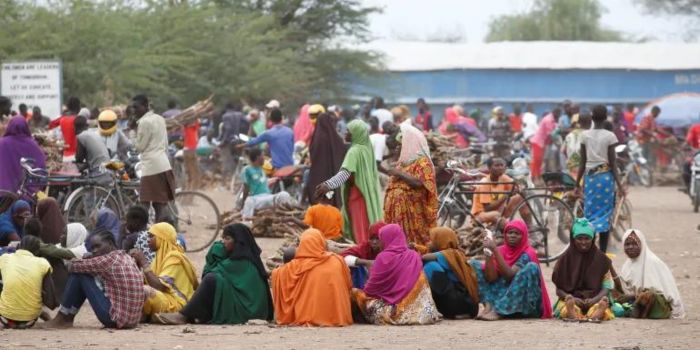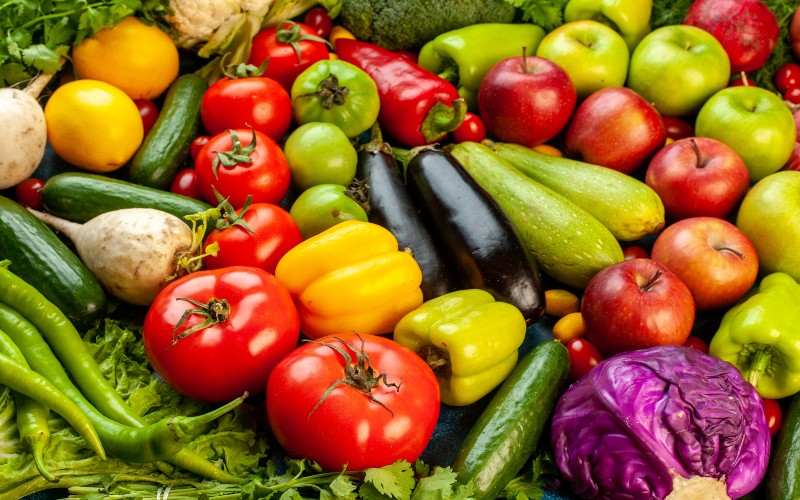700,000 refugees in Kenya face severe hunger crisis after aid cuts

The group blamed the crisis on recent funding shortfalls following the withdrawal of vital humanitarian assistance by the United States and other donors, which has severely affected operations by the United Nations World Food Programme (WFP) and its partners.
Refugees in Kenya are facing a growing hunger crisis after drastic cuts to food aid left hundreds of thousands at risk of famine, a US-based humanitarian body has warned.
The US Committee for Refugees and Immigrants (USCRI) said the situation has become critical for about 700,000 refugees living in the Kakuma and Dadaab camps, as well as the Kalobeyei settlement.
More To Read
- Factory farming in Africa: Development banks see it as a good idea, but it’s bad for the climate
- Kenya’s refugee population hits 860,000 as State pushes integration plan
- Somalia declares drought emergency as millions face hunger after failed rains
- African Commission hails Côte d’Ivoire’s move to protect displaced populations
- Uganda stops granting refugee status to nationals from Ethiopia, Somalia and Eritrea
- Taita Taveta residents to receive fresh guidance on biotechnology amid rising misinformation
The group blamed the crisis on recent funding shortfalls following the withdrawal of vital humanitarian assistance by the United States and other donors, which has severely affected operations by the United Nations World Food Programme (WFP) and its partners.
According to USCRI, food rations for refugees have been slashed to just 28 per cent of the standard amount.
“As of June, refugees are receiving just 28 per cent of their full in-kind food ration, amounting to only three kilos of rice, one kilo of lentils, and 500ml of cooking oil per person per month, far below the nutritional benchmark recommended by the UN,” the organisation said.
The group added that the situation has worsened further after the complete suspension of cash-transfer assistance, which had allowed refugees to buy vital food items that were not included in their monthly rations.
“Simultaneously, all cash-transfer assistance has been halted, eliminating refugees’ ability to purchase essential proteins, vegetables, and supplementary items,” the statement said.
USCRI said the humanitarian situation is rapidly deteriorating, with many refugees now starving.
“The situation has become so dire that some refugee mothers have chosen to end their lives rather than witness the starvation of their children,” it said.
The group described the current level of food insecurity in the camps as extremely alarming, citing rising malnutrition cases, especially among vulnerable groups.
“The malnutrition rate among refugee children under five and pregnant or breastfeeding women in Kenya is above 13 per cent,” it noted.
“Starving children now fill hospital beds, severely malnourished, with time running out. Should this continue, refugees in Kenya will face the spectre of a widespread, man-made famine.”
USCRI President and CEO Eskinder Negash urged urgent action, warning that the numbers represent real families going through unimaginable hardship.
“Behind every statistic is a child going hungry, a mother skipping meals so her baby can eat, a teenager forced to abandon school to search for food or work,” he said.
“These are not abstract numbers – they are families who have already fled war, persecution, and unimaginable trauma, only to now face starvation in places they hoped would offer safety. They are now left to languish in open-air prisons.”
The WFP says it needs $44 million (Sh5.68 billion) immediately to resume full food rations and cash support for refugees in Kenya through August. Without it, the agency warned, the situation will grow even worse, putting more lives at risk.
Top Stories Today












































